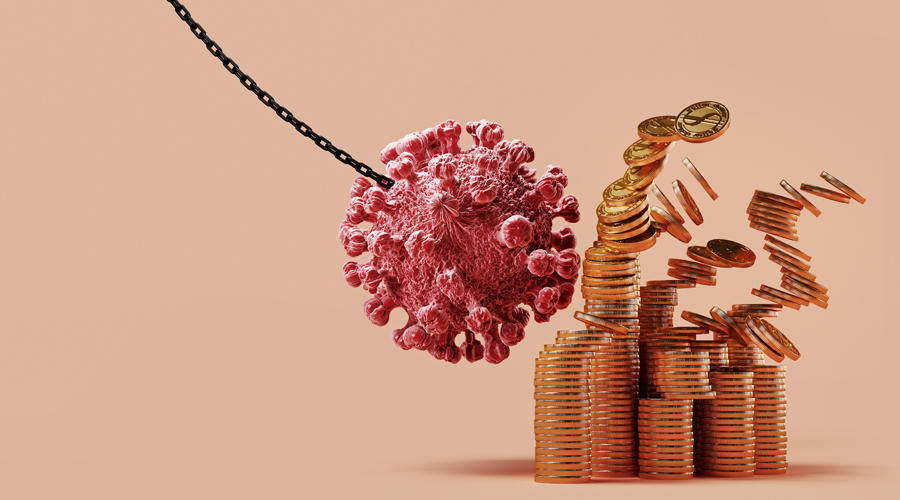Richer countries in the Asia-Pacific region are likely to recover quickly from the impact of the coronavirus pandemic than their poorer counterparts because of variations in the degree of immunity, healthcare system and vaccine roll-out, according to a report.
Referring to the much-talked-about K-shaped recovery, which means some groups or countries recover much faster than others, the report said most countries will take years to attain pre-pandemic income levels.
“A K-shaped global economic recovery... appears plausible. Most countries will take years to attain pre-pandemic income levels,” said a joint report ‘Responding to the Covid-19 Pandemic: Leaving no Country Behind’ by the ADB, UNDP and the UNESCAP.
Reflecting back to the economic recovery process after the 1997-98 financial crisis, the report said the effects of the Covid-19 pandemic are likely to be “worse”.
Advocating that there should not be premature withdrawal of fiscal support by governments across the globe, it said more action is needed, including income support through well-targeted cash transfers, wage subsidies, unemployment insurance tax deferrals, moratoria on debt services as well as equity-like injections into viable firms.
The report said that while income equality fell in most of the regions globally during 1995-2015, it rose over 5 percentage points in Asia and the Pacific.
“In some 40 per cent of countries in the region, income inequality increased. Worryingly, the market income Gini coefficient soared in China, Indonesia, Bangladesh and India, which are among the five most populous countries in the region and account for over 70 per cent of its population,” the report said.
According to the report, the differences in infections and immunity, financial positions, quality and coverage of healthcare systems and COVID-19 vaccine rollout are likely to lead to an uneven recovery across countries in Asia-Pacific.

